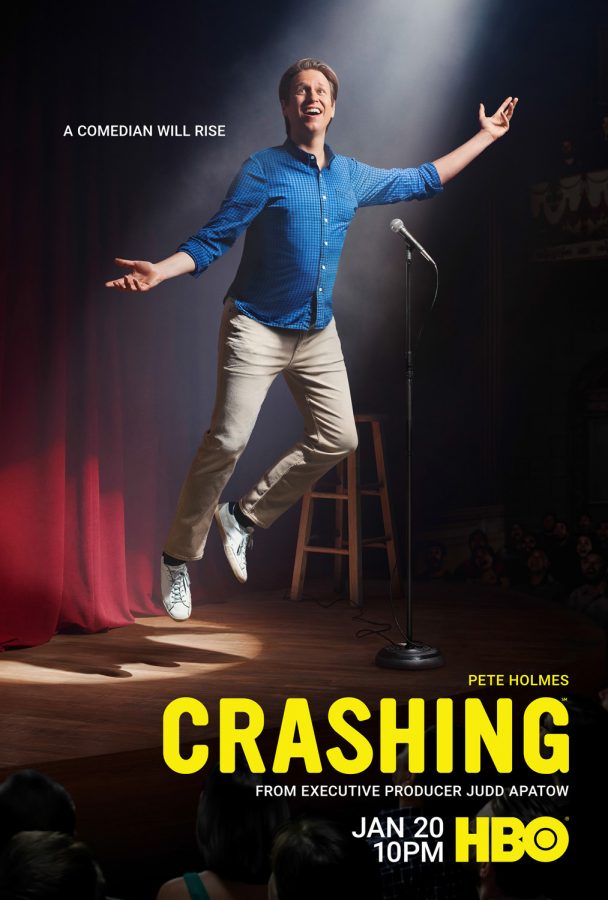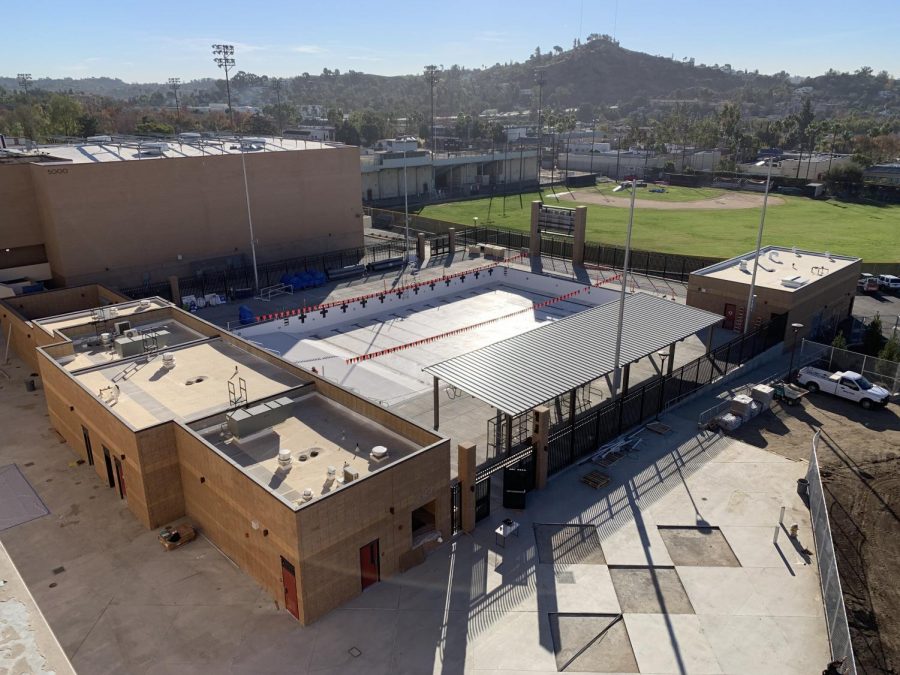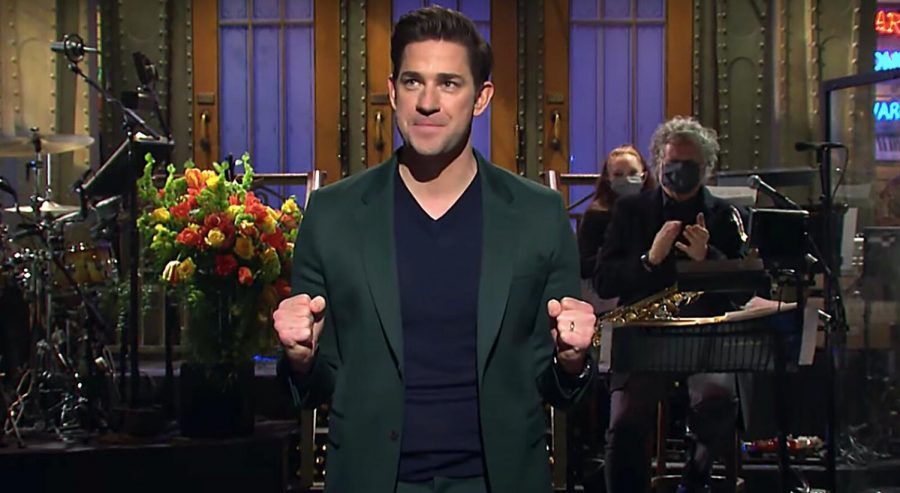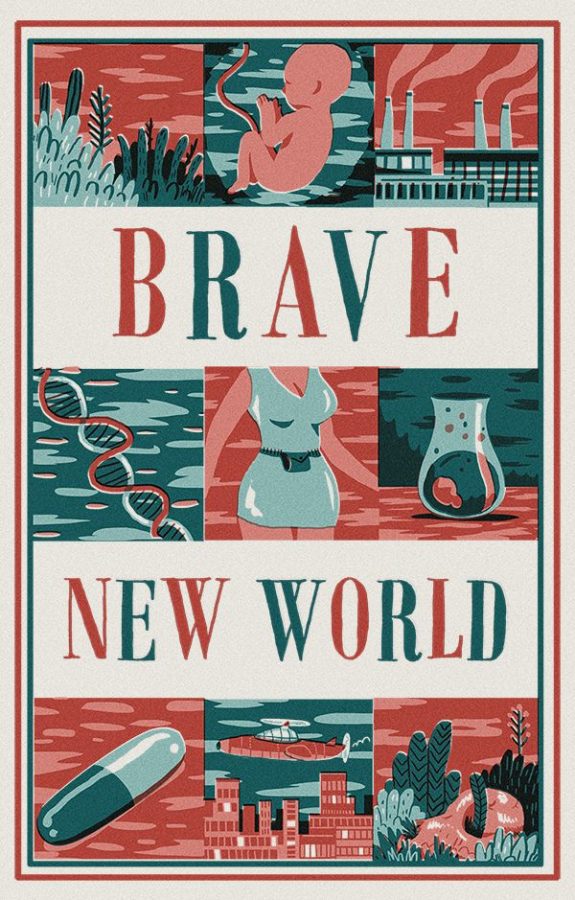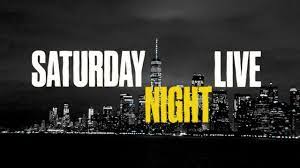
Saturday Night Live, on it’s forty-sixth season, is respectable, admirable, and inescapably old. Forty-six is about the age that your kids start to become teens and your parents start to seem outdated. And that is the problem with SNL; like a conservative grandpa of liberal children and grandchildren, it is out of touch, and “raised in a different time”.
Although the series may have been moderate years ago, it seems outlandishly outdated now. This is not their fault; it is the fault of a schism in comedy performed on stages and comedy performed in front of a phone and interpreted through one.
I am not saying that SNL is not funny. I enjoy watching it every week, and I admire comedy stars that have been born from the hands of creator Lorne Michaels. The show is often funny, and it works well despite rough seasons, but it is struggling to keep up with new comedy and the internet.
The Daily Show on Comedy Central is a good example of a TV show that keeps up with the times and never really goes out of style. The writing team is forced to make a new monologue every day, which brings up the news and politics, and correspondents are given the freedom to make skits as they please. Plus the cast members always keep short tenures. The Daily Show is structurally able to keep up with trends, because it airs most days and its correspondents are given just long enough to stay on the air to make an imprint and start a career.
But that is another problem with SNL. It has created so many stars and so many careers that it is viewed as a “comedy college,” and cast members are expected to make their big break and leave to make movies or a sitcom. The Daily Show has correspondents that have made it big, but for them the reward is being on the show, whereas SNL has become just a step in a stairway to stardom.
The Daily Show features genuine comedy acts trying to be funny, while SNL has become a platform for comedy acts to become famous along the way. So cast members, unable to break out of the confines of SNL, stay longer, searching for stardom, lose their appeal of being funny to being famous, and make SNL less popular by not initiating change. This makes it harder for a cast member to become a household name.
The internet also accompanies constant change, where memes are at first funny, then become overused, then ironic, then ironic to those using it ironically, all in one week. SNL is not built for the climate that the internet has created, and with its structure of weekly episodes, it cannot keep up.
This was not the problem before comedy became fractured. Comedy used to be one category. If it made you laugh and was in front of an audience. It was comedy. But with the internet, comedy now does not need an audience, and it is built around awkward and edgy humor that would not get a laugh on a TV show. Instead it elicits a vigorous breathing out through the nose from a screen. The purpose of comedy before the internet was to make the audience laugh, but the purpose of comedy now is to entertain.
I do not mean to say that SNL has not innovated. Two of the pioneers of internet comedy on YouTube, Andy Samberg and Kyle Mooney, have found success on the show. (They only needed Smosh and Ray William Johnson to complete that list.)
But that was back in the 2000’s. SNL has not hired any new comedians from YouTube since then, and this has allowed the gap to widen. This may be because internet comedy has evolved away from skits and such, and it has moved more into commentary or conservative comedy.
But SNL is not afraid of dark and edgy comedy or of conservatism. They let Donald Trump and Andrew Dice Clay host and let Dennis Miller (then moderate, now full-time conservative) anchor “Weekend Update”. The closest thing to dark humor on the show comes from Michael Che, himself a former Daily Show correspondent. SNL was innovating with the times back when the internet was starting to create its own identity in comedy, but it has since stopped.
But again, because of SNL’s massive success at making household names, cast members are more inclined to stay until they get their stardom, leaving less room for innovators or new names. Most of the cast now has been on the show since the early 2010’s, and they arrived in the last decade. This promise of fame for the SNL cast has perpetuated the perpetual careers of untalented or lackluster performers to stay longer, leaving innovators out of the question.
Like DJ Khaled, SNL is suffering from its own success. It has simply not innovated, leaving it out of the conversations coming from young mouths. SNL is in danger of fading away into irrelevance.







